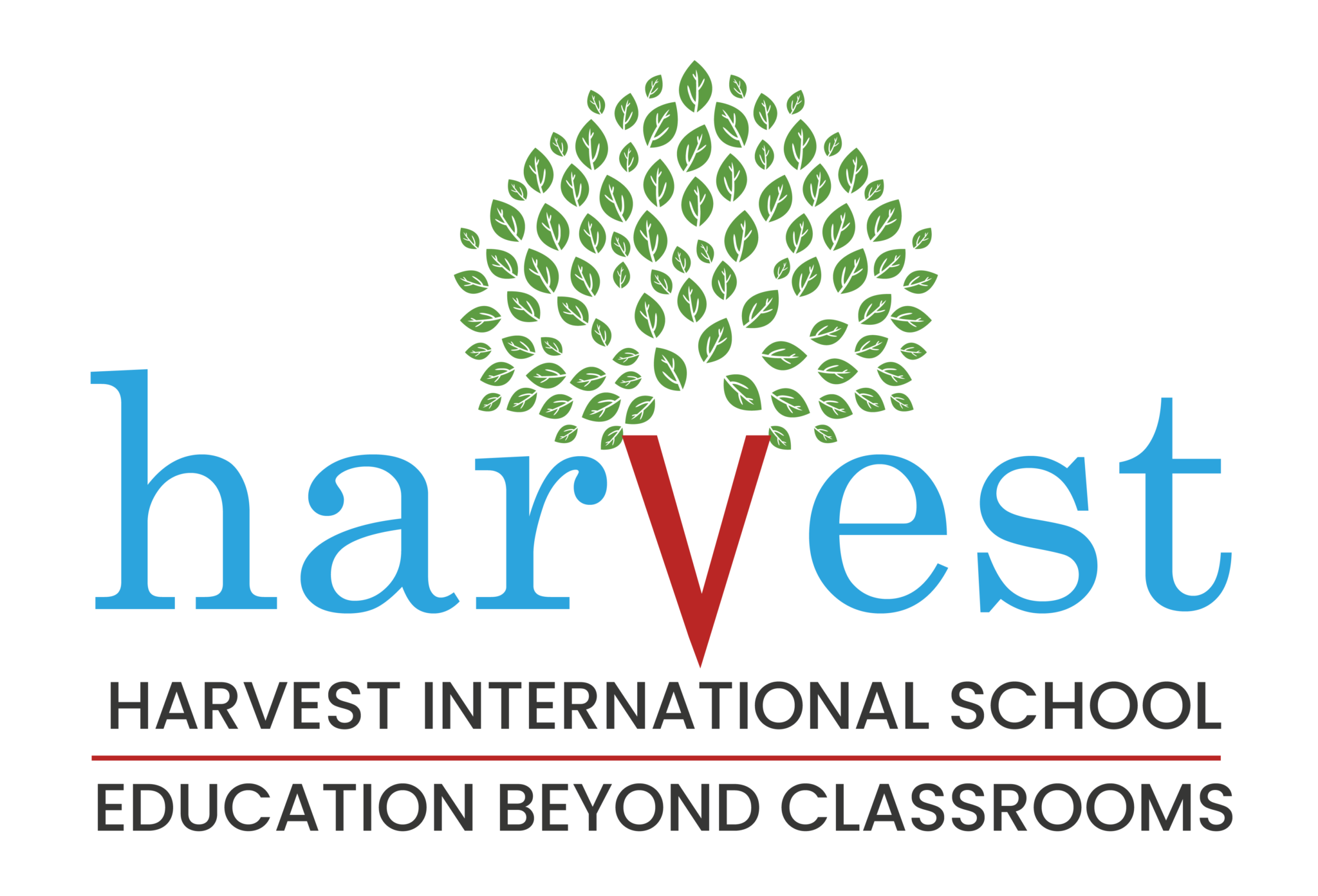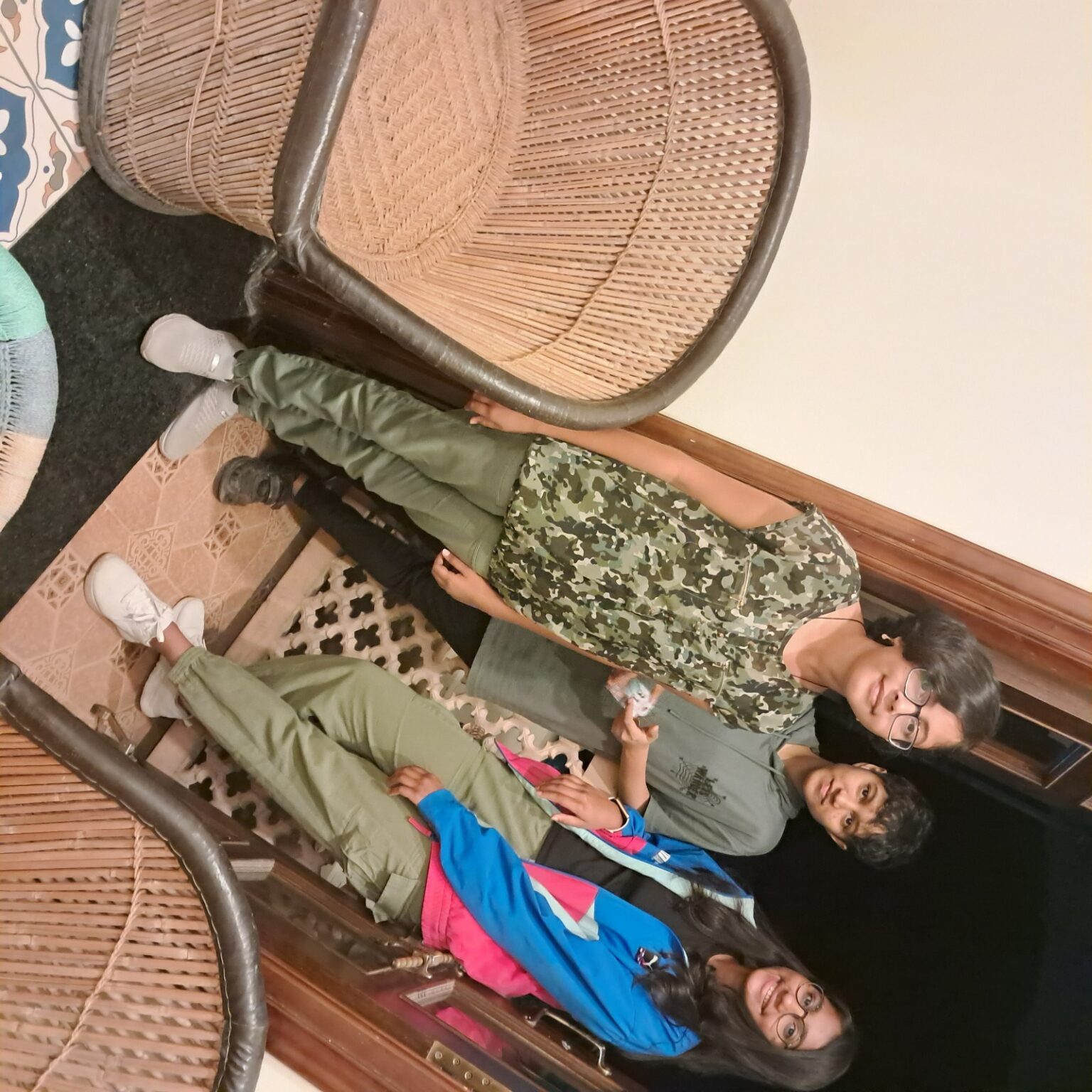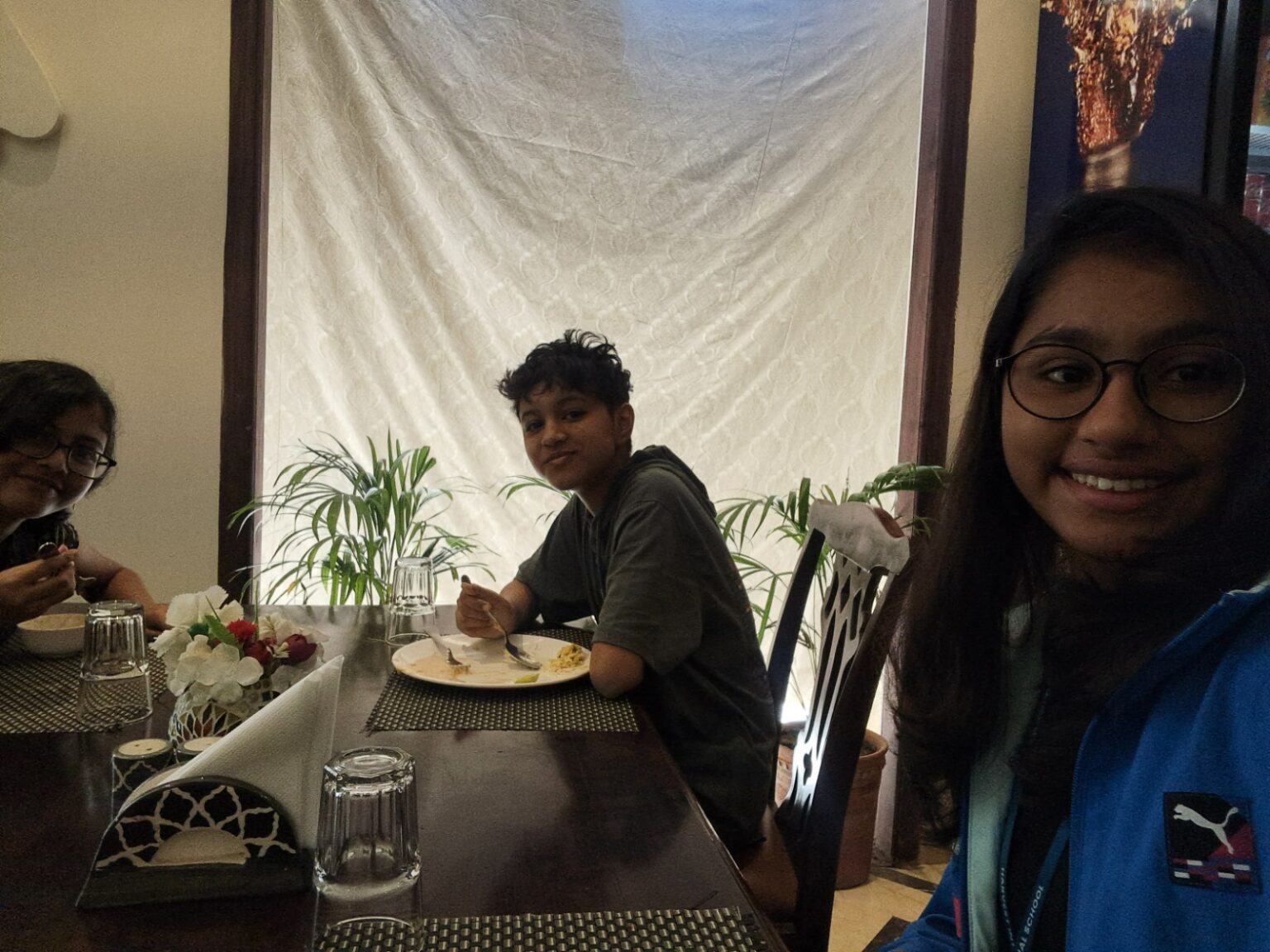Field trips serve as invaluable educational tools, offering students real-world experiences that bridge the gap between classroom concepts and practical situations. These excursions play a crucial role in enhancing learning by providing a hands-on approach that goes beyond traditional teaching methods. The benefits of field trips are multifaceted. Firstly, they offer students the opportunity to see and experience the application of theoretical knowledge in a real-world context. This connection between classroom learning and practical scenarios helps to reinforce concepts, making the educational experience more meaningful and memorable. Additionally, field trips cater to different learning styles, allowing students to engage with information in a way that suits their individual preferences. Visual, auditory, and kinesthetic learners, in particular, benefit from the diverse sensory experiences encountered during these outings, leading to a more comprehensive understanding of the subject matter.
Field trips also contribute to the development of crucial life skills. Students learn to observe,
analyze, and draw conclusions from their surroundings. Moreover, these excursions often
require teamwork and collaboration, fostering social skills and interpersonal relationships
among students. Furthermore, the exposure to different environments broadens students’ perspectives, encouraging a sense of curiosity and open- mindedness. It helps them connect theoretical knowledge to real-world applications, preparing them for a future where adaptability and critical thinking are essential.





